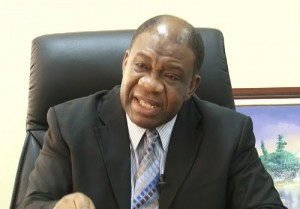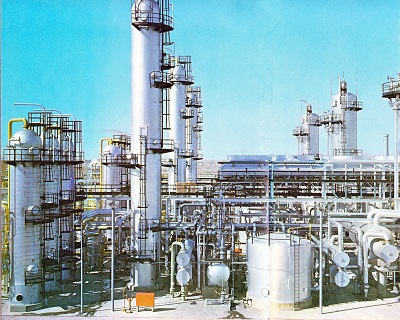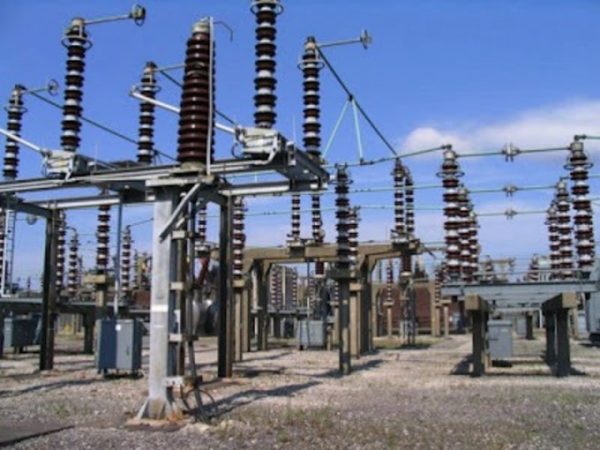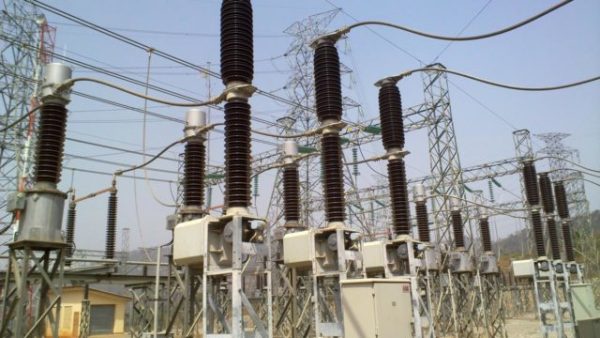Power Generation Drops To 2,000MW – FG

The country is currently generating about 2,000 megawatts of electricity, down from over 4,000MW recorded early last month, the Federal Government has said.
It also revealed that though power generation was a meagre 2,000MW; that was enough gas to produce over 6,000MW.
The government blamed the disparity in the generation potential and actual output on the activities of gas pipelines vandals.
Most power generating plants across the country produce electricity using gas-fired turbines.
Speaking on behalf of the government, the Permanent Secretary, Federal Ministry of Power, Dr. Godknows Igali, said the poor electricity supply was causing anger among consumers who were paying for what they hardly consumed.
Igali spoke at a training session on meter installation and maintenance organised by the National Power Training Institute of Nigeria for trainees under the National Power Sector Apprenticeship Scheme in Abuja on Tuesday.
He said, “Nigerians are not happy because power supply is not enough whereas they have to pay for electricity. Why is the supply not enough? It is because some Nigerians go to destroy our pipelines. They don’t allow gas to get to our power plants.
“We were doing 4,500MW; but now, we are doing about 2,000MW. But we are going to solve that problem. The nation will go over it. It is a phase and we will all go over it.
“I say this because the amount of gas we have now can give us more than 6,000MW. If we have 6,000MW, most parts of Nigeria can have power for at least 16 hours. But then, people will not allow that to happen.”
He regretted that power consumers were being forced to pay for what they barely consumed by way of estimated billing.
Igali said, “Even when the light is not there, what people are meant to pay for is not commensurate with what they consume. And that brings a lot of anger among consumers, who complain that they don’t get enough electricity but are billed very high.
“This is as a result of the estimated billing system. For what the power distribution companies do is that they guess, based on the size of a house, and approximate and charge you.
“So, the country is going to be embarking on a robust metering scheme. The Federal Government is involved in this and it is working with private companies in the sector. And that’s where you (trainees) come in; to ensure that the meters are properly installed and consumers are billed correctly.”
The permanent secretary told the trainees that one of the most critical cadres in the power value chain was an efficient workforce, including engineers who would install and maintain the electricity meters.
Igali said, “You should be able to monitor electricity consumption as well as maintain the meters. So, where electricity theft occurs, you as the persons maintaining the meters should be able to know.
“And you should ensure that customers are properly billed because we have been relying on estimated billing. As much as about nine million consumers don’t have meters. The metering gap in Nigeria is about 60 per cent.”
The Director-General, NAPTIN, Mr. Reuben Okeke, said the trainees would be trained on how to stop tampering with meters by power consumers.







